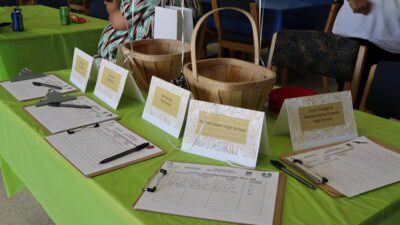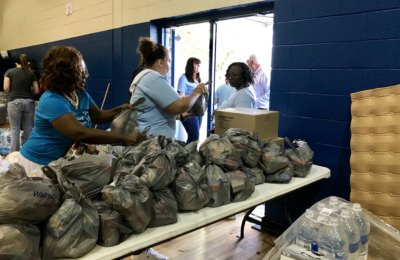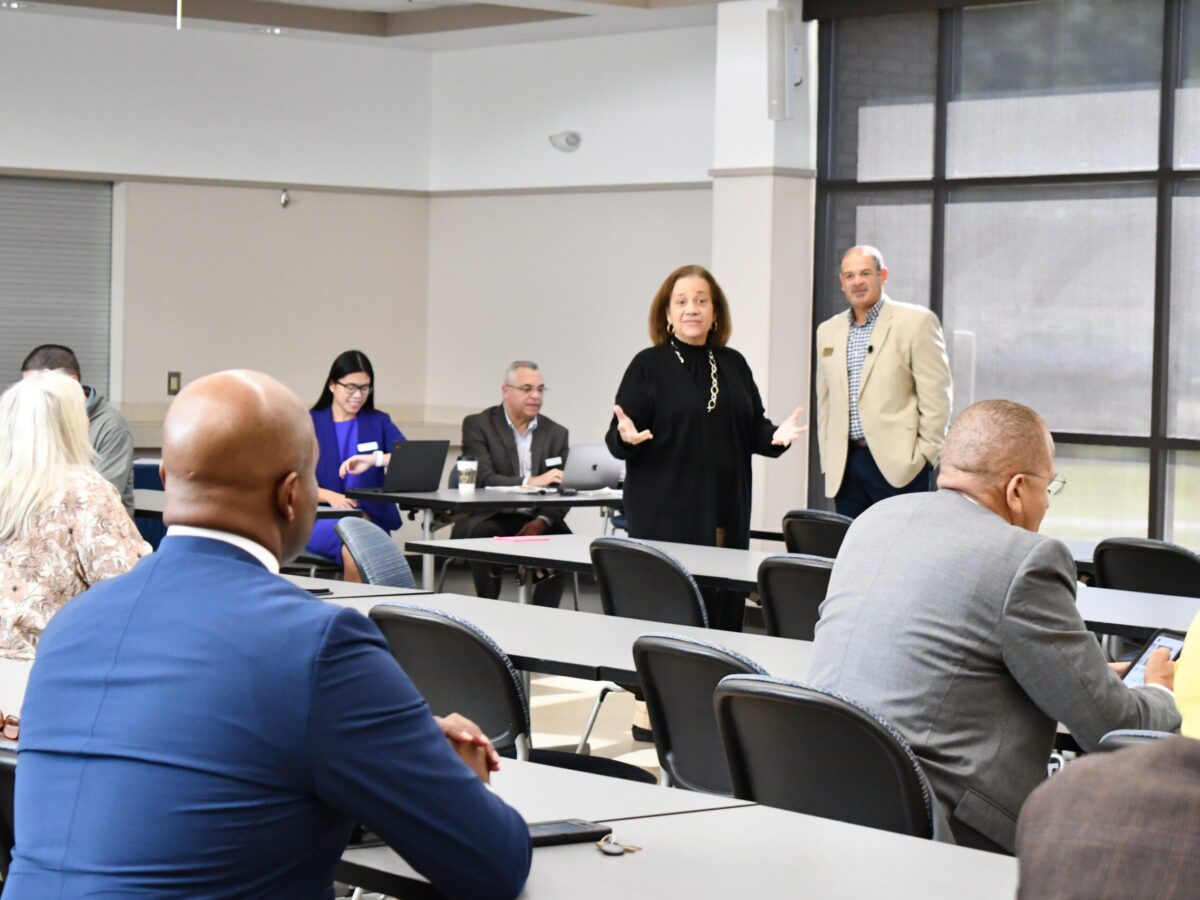
The trajectory of Melissa Singler’s life changed the day her father got in a car accident. As a self-employed carpenter, Singler’s dad was unable to work for some time, leaving the family with little income.
At 17, Singler, who is now the president of Robeson Community College, left high school to work and help support her family financially.
“He never asked me to quit school, but I thought it was the right thing to do,” Singler said.
![]() Sign up for Awake58, our newsletter on all things community college.
Sign up for Awake58, our newsletter on all things community college.
Not long after, people in Singler’s community encouraged her to pursue a GED certificate.
She started off at Southeastern Community College in face-to-face classes, but switched to Bladen Community College because Bladen had a computer system for the GED, allowing Singler to keep working and complete the high school equivalency at her own pace.
With a high school credential in hand, Singler enrolled at Campbell University.
“I had no concept of what college life meant,” Singler reflected. “I lasted a whole semester and a half before I spun out.”
The experience wasn’t a total bust. Singler met her husband at Campbell, and the two married soon after and welcomed their first child when Singler was 19 years old.
During their early years of marriage, Singler worked at a fast food restaurant in Wilmington, eventually being promoted to manager. The young couple ultimately moved to Buckhead, Singler’s hometown in Columbus County.
“I was in way over my head as a young mother,” Singler said.
She knew by moving back she would have the support of her mother and the support of those in the community where she was raised. Singler’s mother is a member of the Coharie Tribe, and her father is a member of the Waccamaw Siouan Tribe.
Singler had a few different jobs here and there before securing a job in collections at United Carolina Bank. It was during her time there that Singler said she learned the most about being prepared and managing finances.
She also learned to help people.
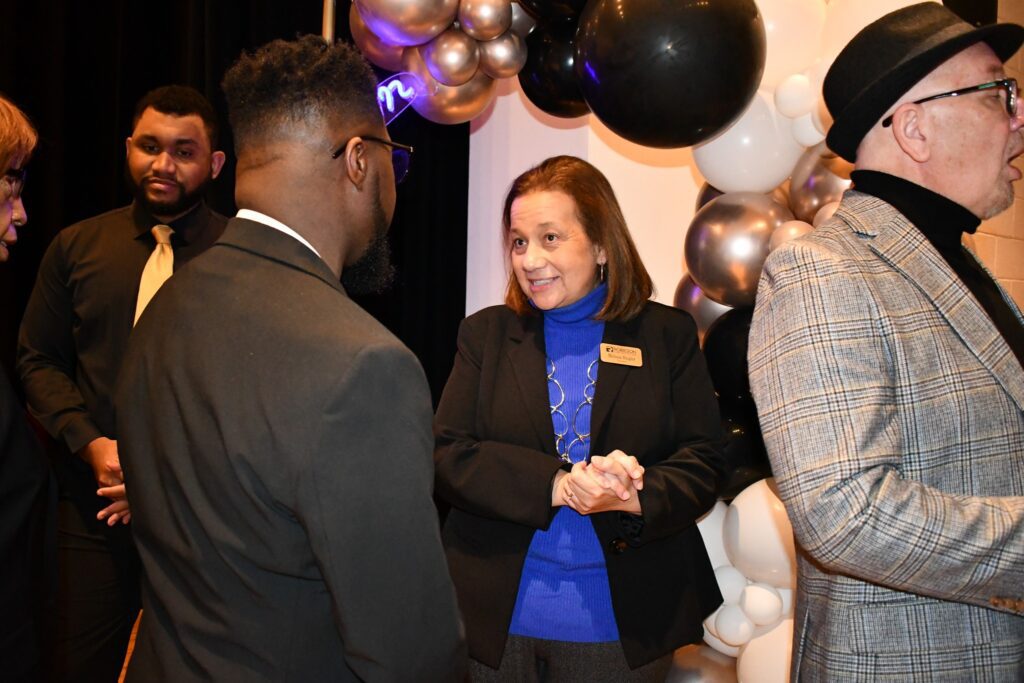
Singler, who had worked her way up to a vice president role at the bank, started assisting local high school and college students with financial literacy. And while Singler was thankful for her job, she knew it wasn’t the big plan for her life. She also knew she would need a college degree.
Singler enrolled in night classes at Southeastern, taking courses that would meet the general education requirements at a university. She soon realized that her heart was in education.
After transferring to and graduating from the University of North Carolina Wilmington (UNCW), Singler went on to become a middle school English and social studies teacher.
Years later, Singler pursued her master’s in school administration. At the same time, she started working at Southeastern as an adult high school GED instructor, teaching classes on the tribal grounds.
“That was so fulfilling for me to be able to give back to my community and help the folks that had dropped out,” Singler said. “Helping them get back what they had lost.”
She didn’t know it at the time, but her job as a GED instructor was one step onto the path of her big plan.
Singler had fallen in love with community colleges, and when the opportunity presented itself to be the director of the basic skills program at Cape Fear Community College, she took it.
“It was probably one of the most life changing things that could have happened because I was working with who I almost became,” she said. “I saw myself in those students every day.”
She still sees herself in them, she said, even today.
Singler admitted that, for years, she felt equal amounts of pride and shame in her own story.
“I did not tell people,” she said. “I didn’t lie, I just didn’t share.”
Singler was already president of Robeson Community College when a news story broke about her dropping out of high school. She had inadvertently shared about dropping out in an interview once.
“It was the first time in my life where I had to look in the mirror and say, ‘Why are you so embarrassed?’” she said.
After the story was published, Singler received dozens of supportive calls and messages. People approached her when she was out in community, thanking her for sharing her story. During a conference, a woman with tear-filled eyes came up to Singler and expressed that she had also dropped out of high school and had kept it a secret for years. She shared that Singler’s story gave her the courage to open up to others.
“That moment really touched me,” Singler said. “It reaffirmed how glad I was to have told my story.”
Related reading
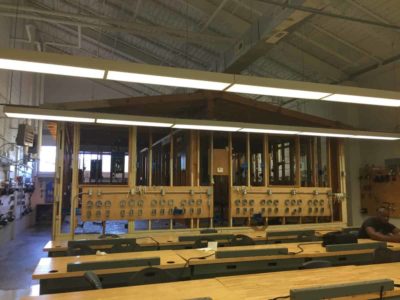
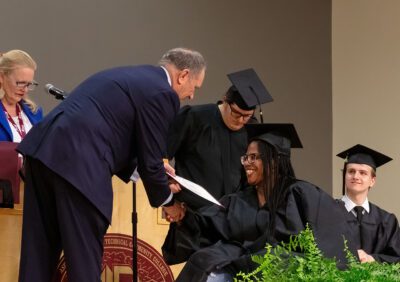
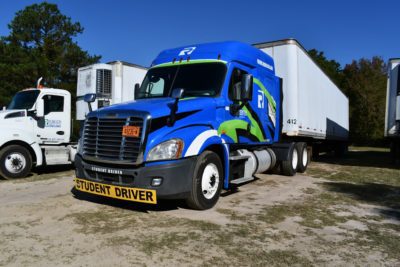
How does it serve the community?
In 2019, Robeson Community College was looking for their next president.
By this time, Singler had been at Cape Fear for over 15 years, serving in various roles, including dean, vice president, and executive vice president.
When the president position at Robeson came along, Singler said she knew it was where she was supposed to be.
For the last six years, Singler has led with a community-first approach, asking how decisions made at the college will impact the broader community.
With every major purchase the college makes, Singler always wants to know how it will benefit the community.
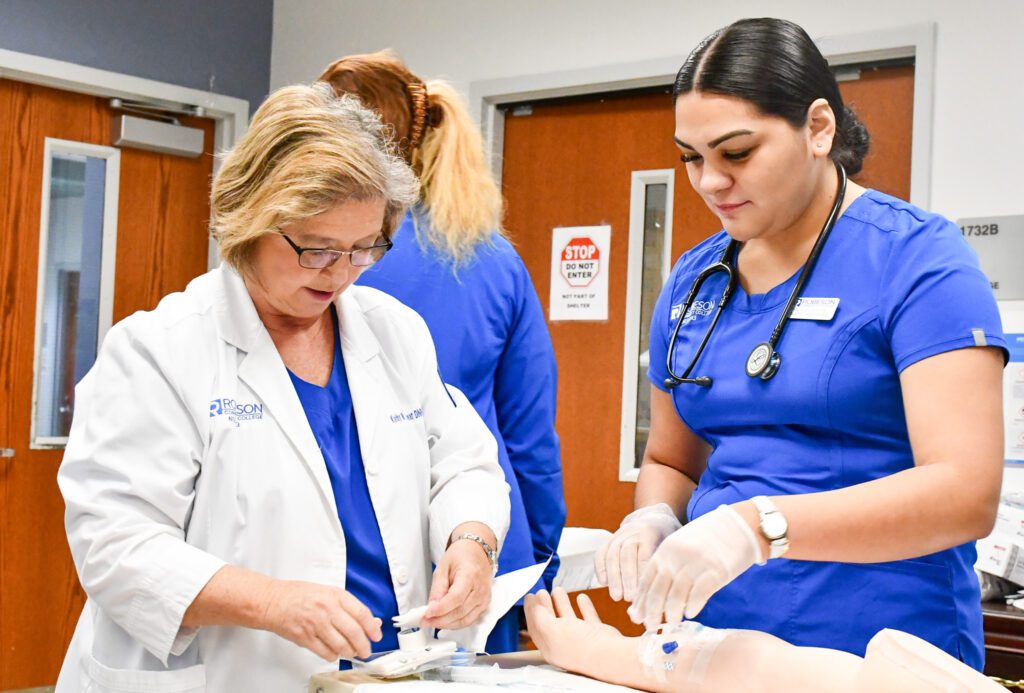
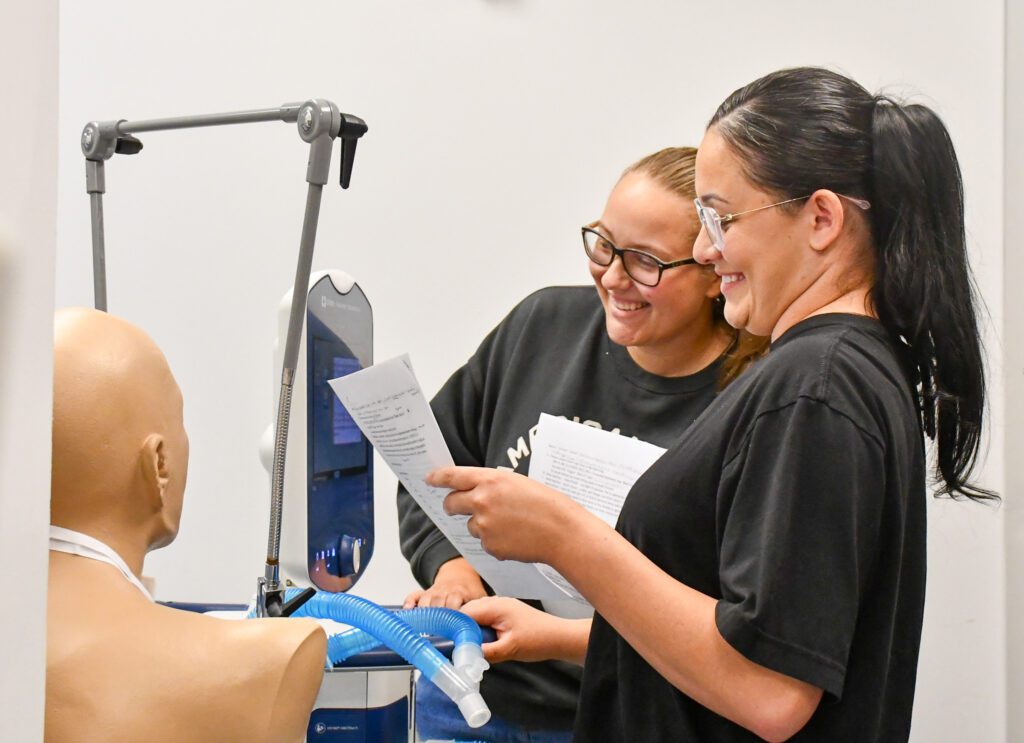
Some of those purchases have included EMS training simulators that can be converted into spaces where community members can receive medical attention in times of emergencies.
Singler dreams of the college having its own gymnasium one day. But it’s not just a gymnasium, Singler said. It could be used as a shelter and a place for residents during times of disaster. Singler described how the college’s service area is subject to severe flooding and how the gym would be equipped with all the facilities needed during a crisis.
Everything we do, Singler said, is through the lens of how it can help the greater community.
The college’s executive leadership team said they are continually revamping and aligning programs to meet the needs of their residents and the needs of business and industry.
In 2025, Robeson County was ranked as the second most economically distressed county in the state, according to the North Carolina State Department of Commerce’s economic development tier designations. The designations are categorized in a three-level tier system and designed to indicate county-level economic wellbeing and determine opportunities for state funding to promote economic growth.
The college wants to flip that script, helping to educate and train individuals for careers that have life-sustaining wages, said Eric Freeman, executive vice president at Robeson.

In recent years, the college has added electrical lineman and truck driving programs, meeting a growing need in the area and country. And they’ll soon bring on a program to credential substation technicians, a job that is critical to the electrical equipment infrastructure.
In spring 2024, Robeson joined NC Reconnect, an initiative focused on helping North Carolina’s community colleges engage, reenroll, and credential adult learners. The initiative also addresses the critical economic need in the state to fill current jobs.
“Our ultimate goal is to help improve all the lives of our citizens in Robeson County and surrounding areas,” Singler said.
Just this year, Robeson added what leadership hopes will bring an extra layer of campus life to the college and community — athletics. The college now offers baseball and softball. Last month, Robeson hosted their first-ever Diamond Jubilee Gala to support the new athletic programs and introduce them to the broader community.
It’s the community-first mindset that Singler thinks really embodies the spirit of community colleges. That they’re not just meeting the training and academic needs of residents, she said, but that the colleges are embedded in communities in such a way that they are touching all parts.
When asked what others should know about community colleges, Singler said she wants people to know that the relationships the community colleges have with each other are important.
“We are a system that works well together and one that collaborates,” she said. “We really are 58 family members.”
Editor’s note: Melissa Singler serves on EdNC’s strategic council.
Recommended reading

